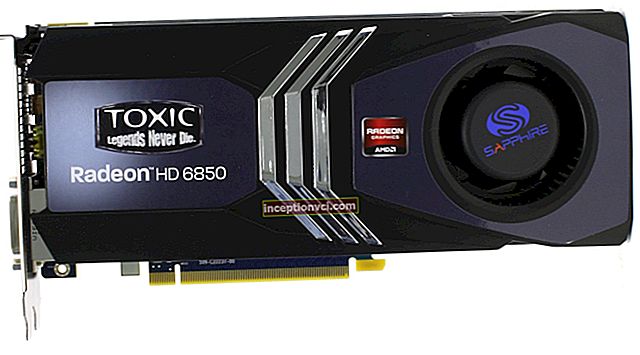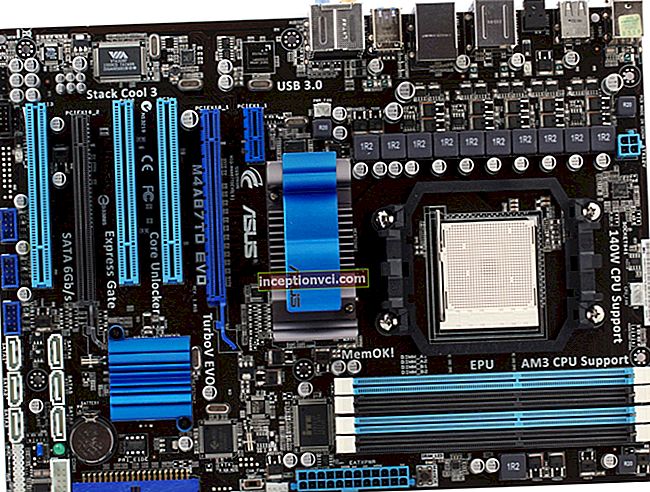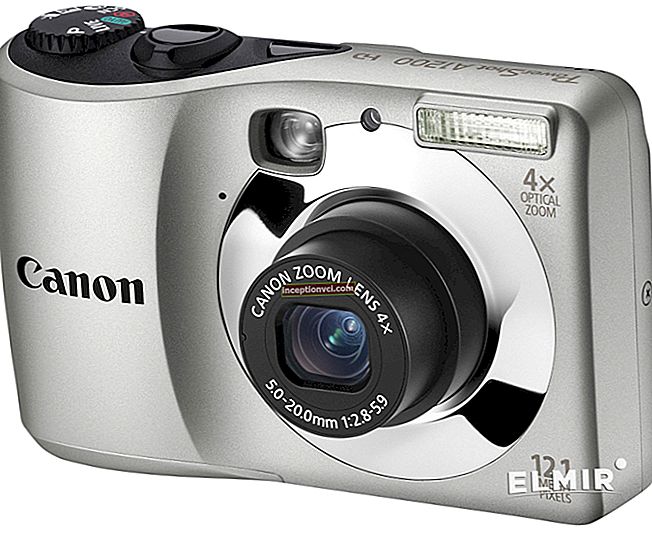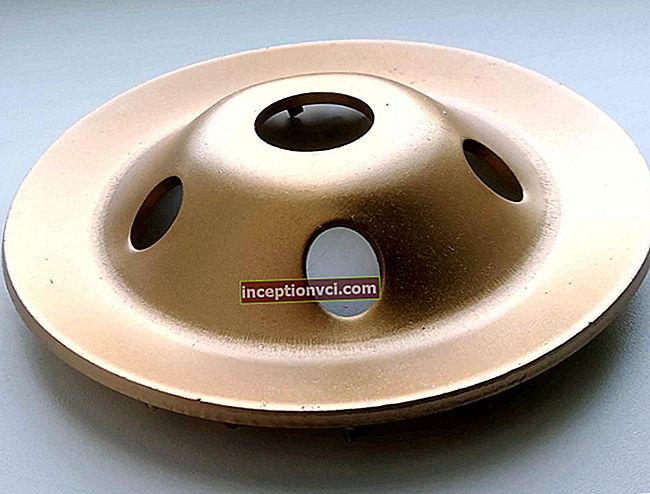Unfortunately, now a separate sound card is almost an elite device, which is bought only by avid connoisseurs. Most users get by with conventional integrated solutions. And they lose a lot on this. Of course, there are now decent built-in codecs, and over time their quality only grows, but discrete solutions do not stand still either.
Another indisputable advantage of an external card is the fact that audio data processing occurs at the hardware level of the device itself. Thus, if you listen to music in lossless or even DVD Audio, you can seriously unload the central processor, because in the case of using an integrated solution, it is he who does all this work.
 To determine the right choice, you need to conduct a detailed analysis of a number of parameters. Among them there are critical ones, and there are also minor ones. Let's start with the most basic ones in our opinion.
To determine the right choice, you need to conduct a detailed analysis of a number of parameters. Among them there are critical ones, and there are also minor ones. Let's start with the most basic ones in our opinion.
Form Factor
In simple terms, this is the type of your future sound card. Yes, they are not only built-in, but also external, although the latter are quite rare, and they cost a lot. True, in some cases they are simply irreplaceable. For example, in the case of a laptop. So, imagine a situation: a prehistoric age card is installed in your laptop, although in terms of other parameters it seems to suit you. In this case, a model that connects via USB will do just fine.
If you just need a sound card for a stationary computer, then the ideal option, both in terms of price, quality and capabilities, is the built-in sound card.
Acoustics
It makes sense to take an external (non-integrated) sound card only when you are the happy owner of a speaker system that costs at least UAH 1,000, otherwise you simply won't hear the difference between the sound of an integrated codec and an expensive sound card due to the limited capabilities of the acoustics.
Standards support
Many newfangled acronyms like Dolby Digital, DTS Digital Surround, DTS-ES Surround, Dolby Digital EX or EAX and EAX ADVANCED HD can be seen on the packaging of various devices. Is their presence so important and what to do if there is no such support? First, let's define what all these abbreviations mean. So, the first group is the sound standards for multichannel tracks in films. Support for simple Dolby Digital and DTS is undoubtedly necessary, since almost all films are now equipped with DTS tracks, and the difference compared to AC3 is noticeable even on budget acoustics and an inexpensive sound card. Moreover, here all these standards are supported by hardware, which is also a huge plus. As for EAX, it makes sense only for fans of the latest computer games that support multichannel sound. Therefore, if you are not playing, you can safely take a sound card without EAX, especially since the price difference can be rather big.
As you can see, with the right approach, choosing a sound card is not difficult, while you can not spend a huge amount of money and get a very decent result.









